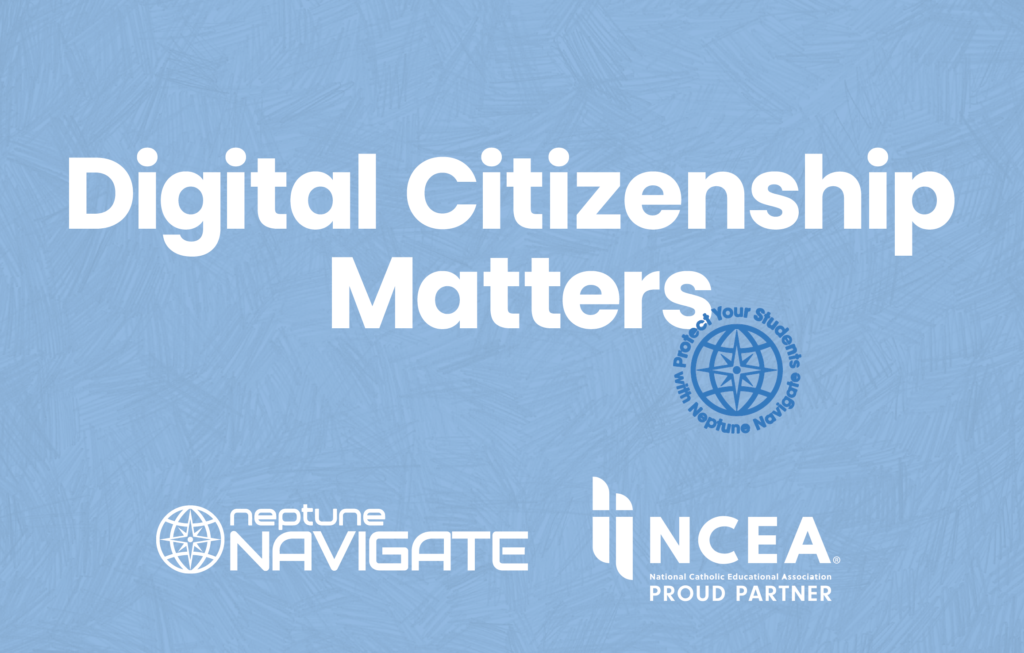Author: Lucas Ostrowski, Founder & CEO Email: [email protected] Website: https://www.educationtechpros.com When the technology teacher at St. Teresa of Calcutta Education Center announced their retirement, principal Robin John knew it would be tricky to find a replacement. Recruiting and hiring a new technology teacher was one of Robin John’s first tasks as the new principal, and […]
Category: Academic Excellence
Lingering Pandemic Learning Loss? Try Catholic Schools
Written by John Galvan, Director of Assessments, NCEA. On May 5, 2023, the World Health Organization declared that the COVID-19 pandemic “no longer constitutes a public health emergency of international concern.” For those of us who work in the educational sector, that years-long stretch was a heavy lift. We all needed to see that […]
Literacy experts answer educators’ 10 most pressing questions about dyslexia
Erin Ryan, Senior Writer, NWEA, [email protected] In Dyslexia: What every educator should know about the most common learning disability, NWEA literacy experts Tiffany Peltier and Cindy Jiban took an evidence-based look at dyslexia. Here are their answers to some of the questions we received after the webinar. You can read more on the NWEA blog, […]
Digital Citizenship Matters
By Christina Jontra, Chief Navigator – Neptune Navigate [email protected] Living and teaching in the digital age means we no longer are limited to news from three local stations and students aren’t restricted to accessing information from the library during school hours. The phones they carry with them 24/7 give them access to news outlets […]
Co-regulation: seeking grace together at the still point
Modern neuroscience has emphasized the fundamental importance of relational safety in all aspects of childhood development. This notion fully supports our calling as Christians: to love and provide safety for all young ones. As parents and teachers, it can be common to try to control problematic behaviors by using suppression. In a classroom setting this […]
Five Steps to Renewing Your Convention Vows
The following blog was contributed by Laura MacDonald, NCEA Director of Professional Learning. I take copious pages of notes, snap several pictures, and obtain ideas for Monday, the upcoming semester and the next three years! Conventions are a time for new thinking, reviewing the latest resources and to be recharged, so why is my head […]
Turning Summer Learning Loss into Learning Gains
Summer learning loss, summer slide—these familiar terms describe the loss of learning over the summer from the prior school year because of the lengthy absence from school. On top of that, we are now (unfortunately) dealing with COVID learning loss, which still lingers as a result of school disruptions and prolonged virtual learning. Combined, this […]
Three Common Myths About Standards-Based Grading – Debunked
The following blog was contributed by David Specht, Otus Senior EdTech Copywriter. For over 100 years, the grades in our schools have not communicated what students have learned. (Yes, you read that correctly.) Those are the findings that Susan M. Brookhart and her colleagues reported in their 2016 research, “A Century of Grading Research: Meaning […]
The 5 Elements of Data-Driven Instruction
Through data-driven instruction (DDI), teachers regularly gather and analyze data from both formative and summative assessments to glean insights into how well their students are understanding and mastering the material. That teacher then uses the insights that the data provides to adjust instructional methods and materials and, therefore, better provide for students’ instructional needs. Take a look at the 5 elements of data-driven instruction:
Back to School 2022 – 2023
Dear Members: Nearly all of our schools are back in session for the 2022 – 2023 school year, and many of you have marked that return with a celebration of something special in your community. You may be surprised to hear that our inboxes are not flooded with invitations to events at individual schools, so […]








